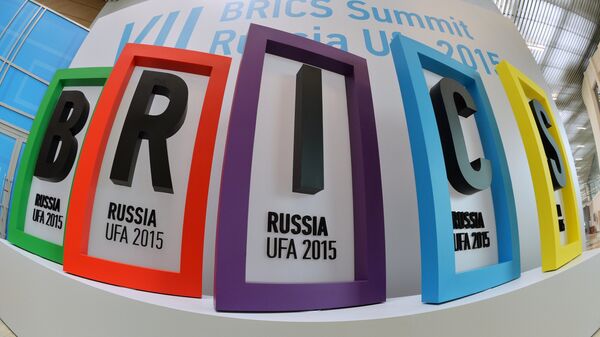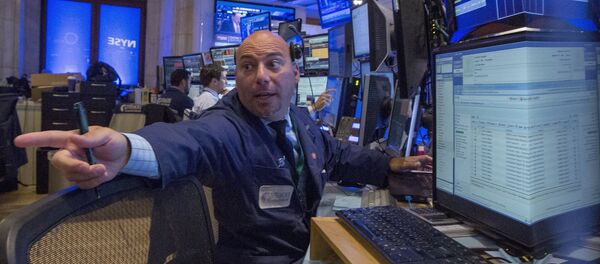Nations like the Philippines, Turkey and Mexico are first in line to suffer worse than the BRICS as the international economic turbulence spurs demand for first-world safe havens.
According to Goldman Sachs, who recently lowered their crude price outlook to $20/bbl, most emerging markets are mired in underinvestment, impairing developments in their national economies, infrastructure and finance. While the largest developing nations have recently endured multiple blows to their economic stability, China, Russia, Brazil and India are still faring better than the ‘next 11' emerging markets, which are balancing on the edge of full-blown recessions.
Stocks market valuations in the Philippines, Mexico and Turkey have swollen far above the gains in their real economies recently, rendering these nations more vulnerable and exposed to the headwinds of the global slowdown. Boasting significant influxes of foreign direct investments in their stock markets recently, the ‘next 11' nations' now have twice as much cash in financial assets at their disposal as the BRICS, particularly in the wake of China's immense stock market rout. However, the observations are that the "next 11" nations are all trapped in a huge financial bubble; when it bursts, there will be far more devastating consequences and global spillovers than those created by China this summer.
The signs of a coming demise are already here: the MSCI's Next 11 stock gauge has slid 19% this year already, indicating declining appeal for further investment. This is far less than the 40% hit China's stock market has taken this year despite central bank capital infusions, but this could only indicate that the 11 could have further to fall; amid uncertain attitudes towards emerging economies, FDI could get the axe next.
The advent of higher US borrowing costs, coupled with a slump in commodity prices and a Chinese industrial contraction have all been factors starting to outweigh the competitive edge of the "Next 11" nations of the past five to ten years. Those are the expanding middle class and consumption, cheaper workforce and younger populations. The development of domestic manufacturing would have been a solution for such nations, however, as most of them have opted not to implement protectionist measures, the Next 11 is exposed to international risks.
While market participants fully acknowledge the situation, capital flight to North America, Europe and Japan, among other safer destinations, is picking up momentum, stirring investment imbalances and threatening to flip over the rickety boat of global development.
Assets of the Goldman Sachs Next 11 Fund, started in March 2011, peaked at about $490 mln July 2013 through August 2014, and have been steadily declining afterwards to the current figure of just $250 mln. However, the current returns for the Next-11 Fund are still above the average for the MSCI Emerging Market Index. These have dropped 11% and 16% this year, respectively.
The "Next 11" markets include the Philippines, South Korea, Iran, Mexico and Turkey, Indonesia, Nigeria, Bangladesh, Egypt, Pakistan and Vietnam. South Korea is currently suffering the biggest investment outflow. Iran, though a nominal Next 11 member, has severe investment limitations due to the international sanctions, which have remained intact since 2012.
The broader picture for the Next 11 nations, however, is not all doom and gloom. For instance, Vietnam is experiencing a massive surge in industrial production, and is on its way to replacing mainland China as the world's manufacturing center. The VN Index rose 5% during the past 12 months due to a rise in industrial exports. The nation's economic expansion accelerated to 6.4% in Q2 this year from 6.1% the previous quarter. In Iran, hopes are bright as the US-proposed international deal over the nation's nuclear program has opened the prospect of the sanctions being lifted soon.
The Next 11 account for 8% of the world's economy, with an aggregated GDP of $6.5 trln, compared to only 7% of the world's GDP in 2005. While the BRICS now constitute some 20% of the global economy (compared to only 10% in 2005), further dynamics might even the "next 11" and BRICS sooner than one might expect.
However, at this point, there is more downside risk than hope for all the emerging markets.



